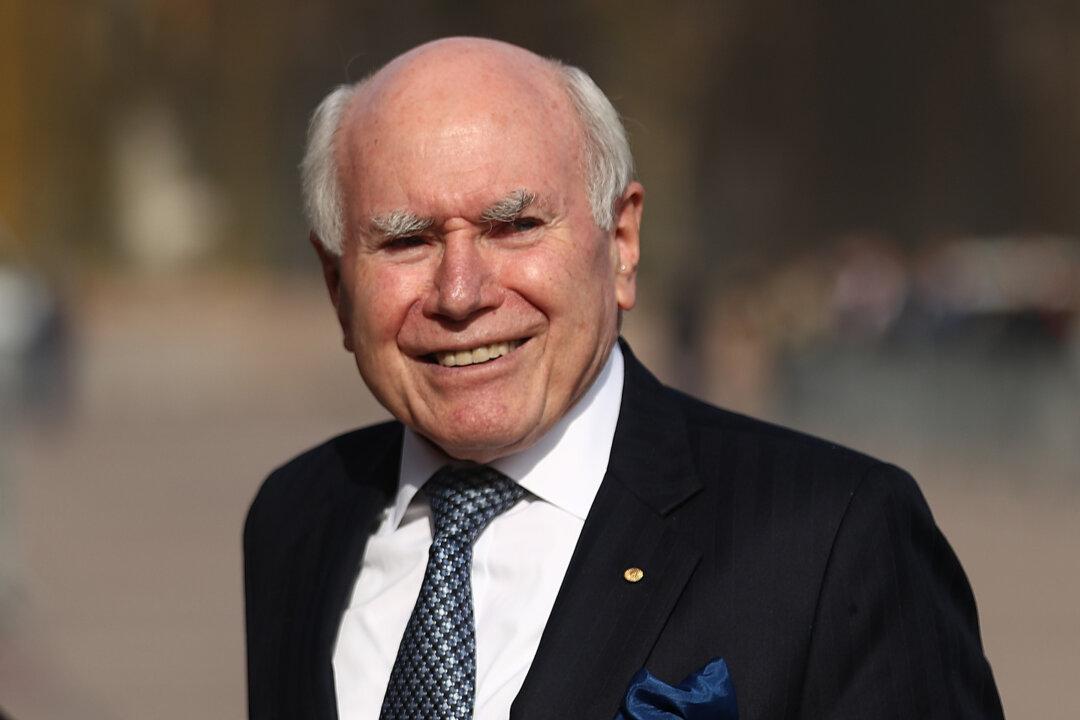Former Australian Prime Minister John Howard has described the colonisation of Australia as “inevitable” and criticised the attempt to establish a treaty as “constitutionally repugnant.”
The comment was made concerning the Voice to Parliament proposal, which will be voted on in a national referendum later this year.
The Voice proposes an establishment of a permanent legal body consisting of Indigenous people to the Parliament to advise the government on matters affecting the Indigenous community.
However, Mr. Howard, who served as the country’s leader from 1996 to 2007, told The Australian that the proposal was “very clumsy, with a dash of deception” because it was not explained clearly to the public and could potentially be used as a precursor to a treaty and reparations.
The former Prime Minister was one of the most prominent Liberals in Australian politics and was the second-longest serving prime minister.
He argued that it was ridiculous that a sovereign country would make a treaty with part of itself as treaties are made between sovereign states.
He said he was also opposed to the idea of reparations, which is meant to compensate Aboriginal people for the hardships that they have endured during colonial times.
“You have to understand that in the 17th, 18th century, colonisation of the land mass of Australia was next to inevitable,” Mr. Howard said.
“And I do hold the view that the luckiest thing that happened to this country was being colonised by the British. Not that they were perfect by any means, but they were infinitely more successful and beneficent colonisers than other European countries.
Some media reports have described his comments as being “divisive” in the context of colonial oppression.
However, Mr. Howard was not the first person to voice his opposition to the idea of colonial guilt.
Colonial Grievances Fuel Victimhood
Prominent Indigenous leader and former Labor Party National President Warren Mundine previously told The Epoch Times that addressing Indigenous issues “shouldn’t be just negative stuff all the time” because Australia is “one of the most successful countries” when it comes to improving the lives of Indigenous people.
“I don’t know any nation in the world that had a very good birth. They all had wars and conflicts,” he said, adding that it’s about “what we’ve achieved from here.”
“There’s no law that is discriminatory against Aboriginals anymore.”
The Indigenous leader also gave credit to the High Court for giving the Mabo decision in 1992 to recognise Aboriginals’ ownership of land, as well as the Menzies government in the 1960s for granting full voting rights to Aboriginal people.
Mr. Mundine also said that Australia has offered “amazing funding and support” to Aboriginal people in regard to health, education, and jobs.
Anthony Dillon, a researcher at the Institute for Positive Psychology and Education at the Australian Catholic University, argued that the statement “is quite a stretch.”
“While there may have been trauma to some Aboriginal people at the time of colonisation, it is quite a stretch today to suggest that any trauma an Aboriginal person may be experiencing is the result of those events,” he told The Epoch Times.
Dillon noted that if the program “focuses on the assumed trauma caused by colonisation,” it is potentially promoting a “sense of victimhood amongst students with Aboriginal ancestry.”
“Will there be lessons on Aboriginal students offering forgiveness to the ‘original invaders’? Will students be taught that many Aboriginal people today have escaped any assumed trauma?”
